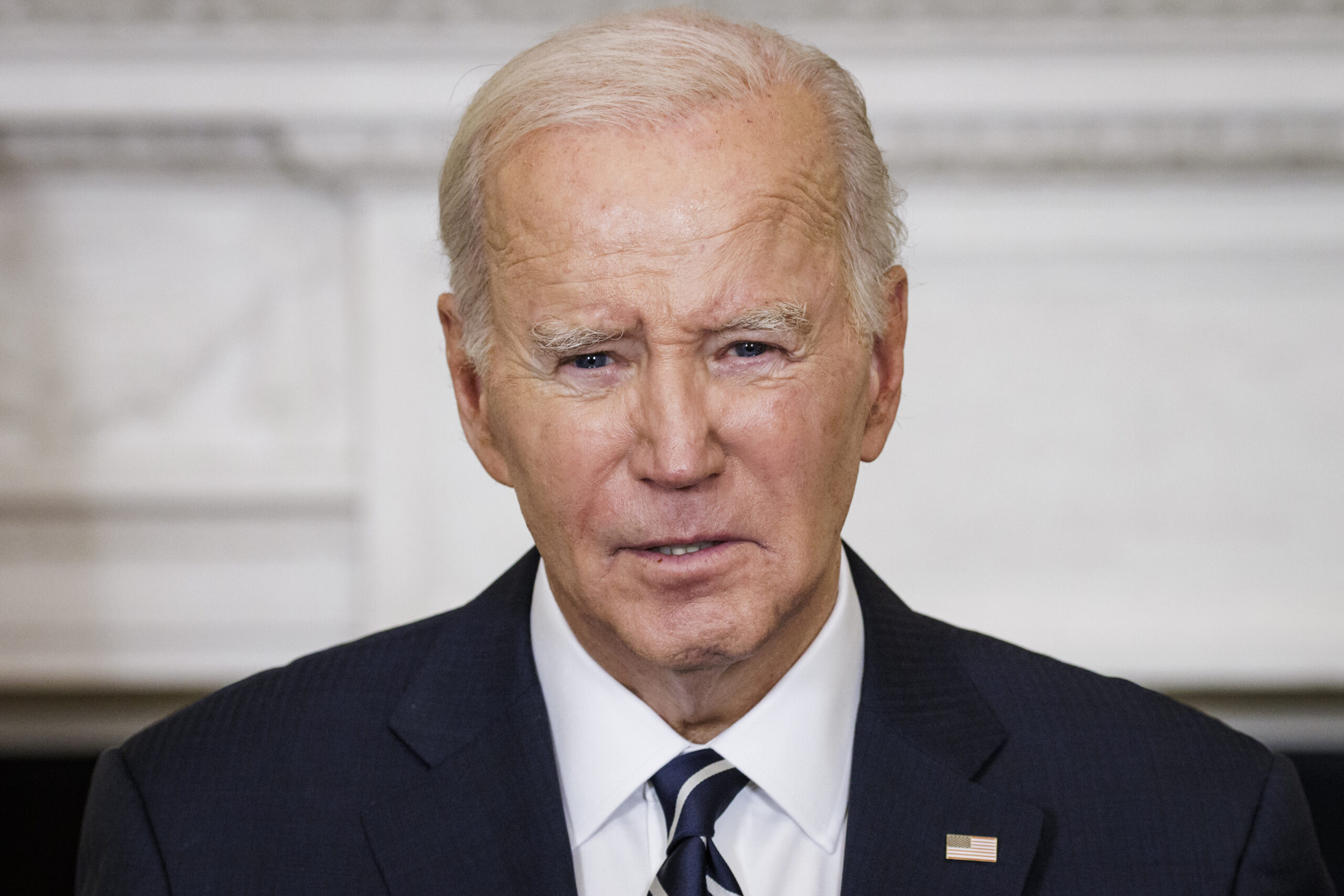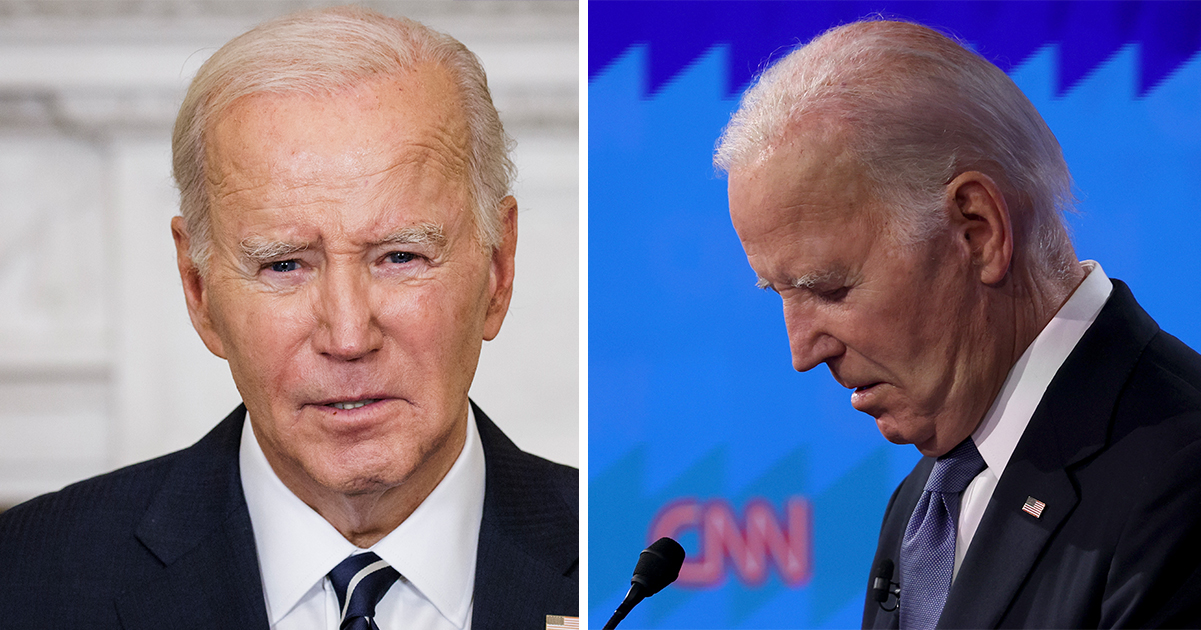Joe Biden’s Prostate Cancer Diagnosis: Unpacking the Concerns
In a startling turn of events, former President Joe Biden has been diagnosed with an aggressive form of prostate cancer that has metastasized to his bones. This revelation came to light via a statement from Biden’s office, which indicated that the diagnosis was made following the discovery of a prostate nodule after the 82-year-old experienced increasing urinary symptoms. This diagnosis has raised numerous questions and concerns regarding the timeliness and transparency of Biden’s health disclosures, particularly in light of his ongoing role as a prominent political figure within the United States.

Understanding the Diagnosis
The official statement released by the White House outlined that Biden’s prostate cancer is characterized by a Gleason score of 9—a score indicating a highly aggressive cancer. The Gleason scoring system ranges from 2 to 10, with higher scores denoting more abnormal and aggressive cancer cells. According to the American Cancer Society, this score indicates not only the likelihood of the cancer spreading but also its overall prognosis. The fact that Biden’s cancer has already spread to his bones suggests that it has been developing for more time than previously believed. Such advanced staging could significantly impact treatment options and the prognosis for his health moving forward.

Public Reaction and Speculation
Following the announcement, an immediate outpouring of support for Biden emerged, yet skepticism also took root. Many individuals began to question how Biden’s serious health condition could have evaded detection during the routine health assessments that a sitting president undergoes. The absence of prior disclosures has led some to allege that Biden’s team may have been aware of the cancer but chose to keep it secret to protect his 2024 presidential campaign prospects. Such doubts have fueled conspiracy theories regarding the transparency of Biden’s health status, with some alleging a cover-up that could have implications for trust in governmental leadership. For instance, social media platforms have been rife with speculation, with netizens dissecting past speeches and appearances to draw parallels between Biden’s health and his performance.
Political Ramifications and Responses
Former President Donald Trump quickly capitalized on the situation, initially offering support before pivoting to speculation. In a series of tweets, Trump expressed surprise that such a serious diagnosis had not been disclosed sooner, suggesting a cover-up of sorts. “To get to stage nine — that’s a long time,” he stated, implying that Biden’s team had withheld critical health information. Trump’s comments reflect a broader concern among critics about Biden’s mental acuity and overall health, intensifying scrutiny on his public engagements and decision-making capabilities. Furthermore, political analysts warn that this development may influence both Democratic and Republican strategies as the 2024 election approaches, further polarizing an already divided political landscape.
Expert Insights on Prostate Cancer
In addition to political figures, medical experts have weighed in on the implications of Biden’s diagnosis. Notably, Dr. Ezekiel Emanuel, a prominent oncologist and former Biden transition team member, stated that the cancer likely developed long before the official diagnosis. He suggested it may have been present during Biden’s presidency, adding weight to the argument that the former president should have been undergoing more thorough testing. Dr. Emanuel underscored that Biden should have had a prostate-specific antigen (PSA) exam, particularly since he held a significant public office and had access to comprehensive healthcare. He also pointed out that men of Biden’s age should be constantly evaluated for such conditions, especially given the aggressive nature of his diagnosis.
Understanding Prostate Cancer Screening and Guidelines
Prostate cancer screening is a contentious issue among healthcare professionals. While some recommend regular PSA testing for men over 50, others argue that the benefits of screening do not outweigh the risks for men over 70 due to the potential for false positives and unnecessary treatments. Dr. Emanuel pointed out that, although there is no universal consensus, Biden’s history as vice president suggests he should have been monitored more closely. This brings to light the delicate balance between proactive health monitoring and patient autonomy in decision-making regarding their health. This situation emphasizes the need for public figures to be proactive about their health, as well as the importance of transparent communication regarding health issues, particularly when they may impact national leadership.
The Future of Biden’s Health and Political Career
As Biden navigates this challenging health crisis, the potential impact on his political career looms large. With mid-term elections approaching and various pressing issues on the domestic agenda, his administration’s ability to address these while managing his health will be scrutinized. The notion that he may have been struggling with a serious illness during pivotal moments in his presidency has raised alarms about transparency and trustworthiness in political leadership. Many Americans are left pondering whether he can continue to effectively fulfill his responsibilities while battling such a daunting illness. Reports of Biden’s health status could influence voter sentiment, making transparency not just a matter of personal integrity but a critical component of his political viability moving forward.
Conclusion: A Call for Transparency
Biden’s prostate cancer diagnosis serves as a reminder of the complexities surrounding health, politics, and public perception. As the nation rallies in support of the former president, questions about the timing and disclosure of health issues persist. The situation highlights a fundamental need for transparency, especially for public figures entrusted with significant responsibilities. As Biden continues to lead the nation, it will be critical for his team to communicate openly about his health status. This effort will play a crucial role in maintaining public trust during a challenging chapter of his life, ensuring that he is viewed not only as a leader but also as a human being grappling with serious health challenges.





